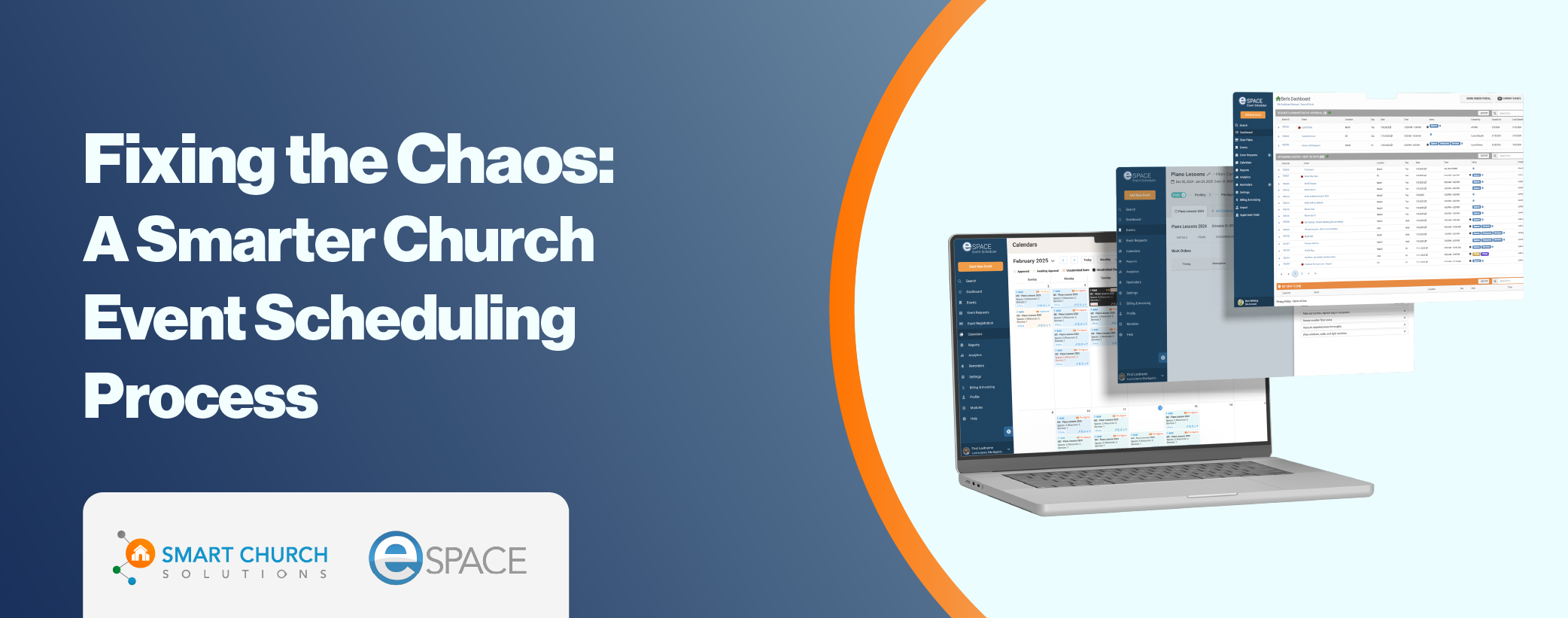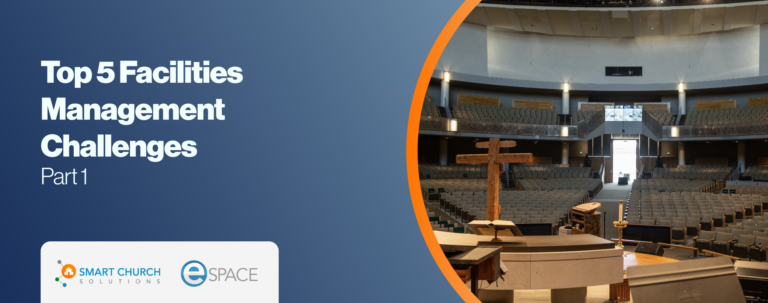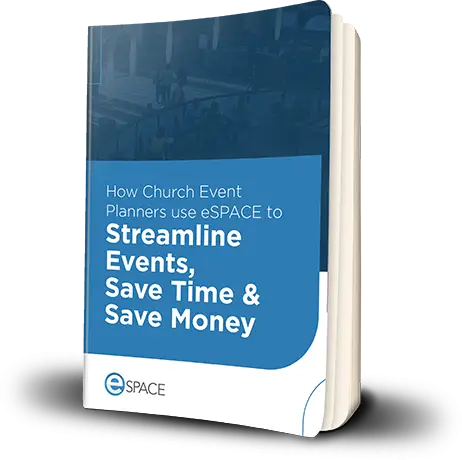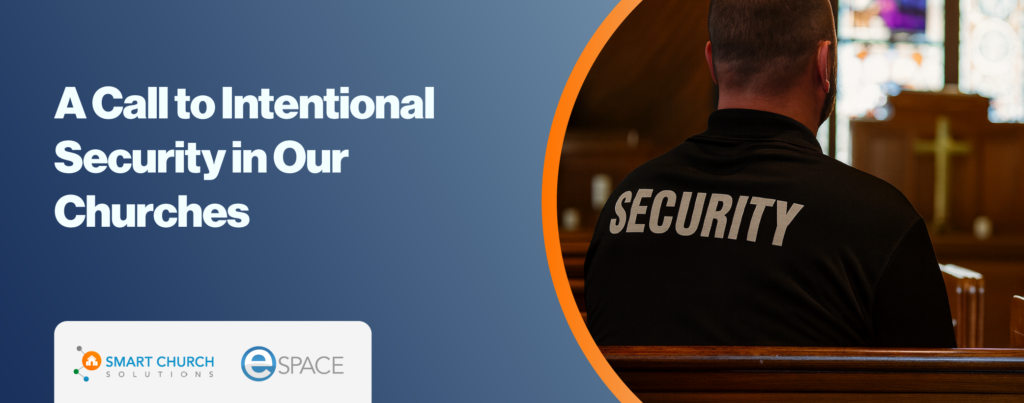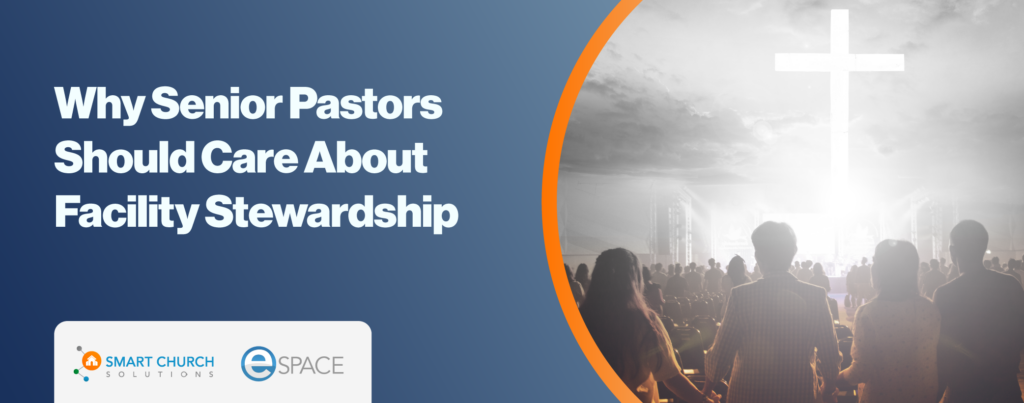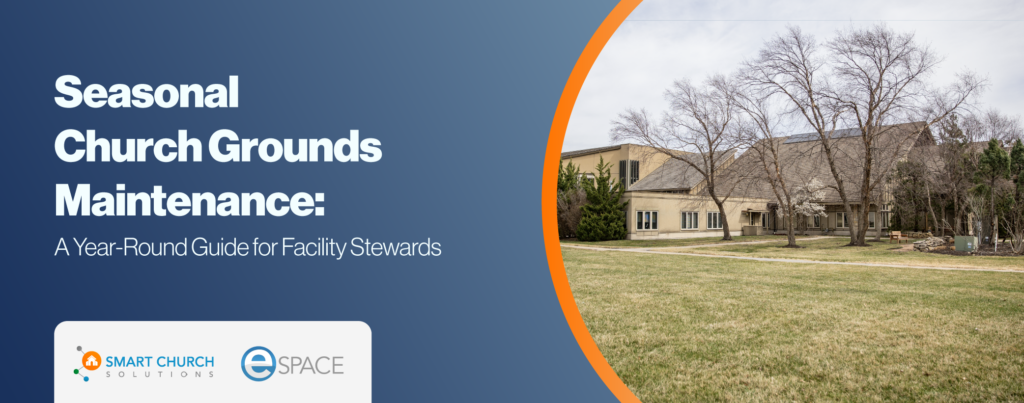A thriving church is a busy church—but with more events come more moving parts. Without a clear process, even the best intentions can lead to confusion, miscommunication, and last-minute scrambles. Fortunately, there’s a better way.
The Church Scheduling Struggle Is Real
If your church’s event calendar is more of a suggestion than a plan, you’re not alone. One church leader recently shared in our Church Facility Management Solutions Facebook group:
“Each department schedules their own events… the calendar is inaccurate every week, and my admin and I are constantly scrambling to fix things.”
This church isn’t small—1,500 in Sunday attendance, 85,000 square feet, and 250+ monthly room setups. However, even larger churches often lack a centralized and accountable event scheduling system.
Signs Your Church Scheduling Process Needs an Upgrade
Not sure if your current scheduling process is the problem? These common red flags can reveal where things are falling through the cracks—and where a smarter system could make all the difference.
- Your calendar is full of errors: double-bookings, missing events, setup surprises
- There’s no accountability or clear process for approvals
- AV teams, facilities, or hospitality are often caught off guard
- Last-minute changes create stress and inefficiency
These are all signs that your current process is decentralized and broken.
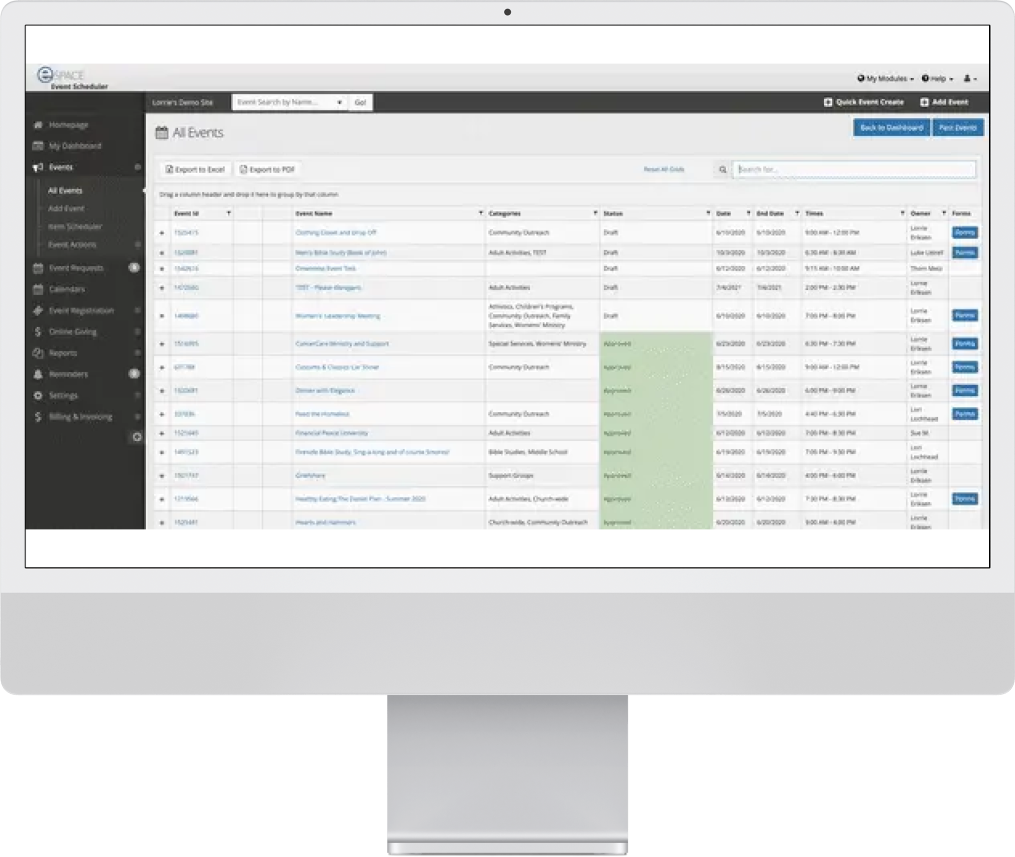
Centralized Scheduling Is the Key
Many churches in our community have successfully moved to a centralized scheduling system, and the results are night and day.
“We use eSPACE Event Scheduler and everything is entered: 1:1s, staff meetings, large events. I approve all events in one place.” — Amy M.
Instead of every department managing its own schedule, churches are putting one admin or event manager in charge. All event requests go through a standard process, usually via an online form or system like eSPACE.
Benefits of Centralized Scheduling
When churches switch to a centralized scheduling system, the difference is immediate. Here are some of the key benefits churches report after making the change.
- Improved Accuracy: Events are reviewed, approved, and updated in one place.
- Fewer Surprises: Setup teams, AV, HVAC, and security can all prepare in advance.
- Enforced Deadlines: Late submissions get declined or rescheduled.
- Stronger Accountability: Leaders know who’s responsible when something is missed.
- Tech Integration: With tools like eSPACE, HVAC, doors, and digital signage are triggered automatically based on approved events.
Pro Tips from Facility Stewards Who’ve Done It
Implementing a new scheduling process can feel overwhelming, but you’re not the first to walk this road. Many churches in the Smart Church Solutions community have already tackled the chaos and come out stronger. Here are their top lessons and real-world strategies to help you make the shift smoother and more successful.
1. Leadership Buy-In Is Critical
“We had elders consistently step in until staff followed the new process.”
Getting everyone on board starts at the top. When church leadership actively supports and enforces the new scheduling system, it sends a clear message: this isn’t optional. Make it a policy that if an event isn’t on the calendar, it doesn’t happen. Period.
2. Use Software That Ties It All Together
“Our HVAC and doors are connected to eSPACE—if an event isn’t scheduled, the room might be cold and locked.”
Choosing the right technology reinforces the process. When event scheduling is tied to facility operations like HVAC and access control, people quickly realize the importance of submitting events properly. The system becomes self-enforcing through natural consequences.
3. Host an Annual Planning Meeting
“We do a yearly calendar meeting, then departments enter all their events into eSPACE.”
Start the year off with a master calendar session. This allows departments to collaborate, avoid conflicts, and lock in major events early. Once events are entered into your scheduling software, your facilities and operations teams can plan with confidence.
4. Set Hard Cutoff Times
“Events must be submitted 2 weeks in advance. No changes within 72 hours.”
Clear deadlines protect your team from last-minute chaos. Establish policies for how far in advance events must be submitted—and enforce them. Exceptions should be rare and truly urgent. Consistent boundaries reduce burnout and keep the process sustainable.
5. Reinforce the Process Creatively
“We once scheduled carpet cleaning in a space a staffer failed to book, forcing them to relocate. They never skipped the process again.”
Sometimes the best way to teach is through experience. When someone bypasses the system, let the consequences play out (when appropriate). A missed room, locked door, or chilly sanctuary can be a powerful reminder to follow the process next time.
Tools to Simplify the Church Event Scheduling Process
If you’re ready to stop chasing your tail and start operating more efficiently, here are a few tools to consider:
- eSPACE Event Scheduler: Create event request forms, assign approval workflows, and tie events to facility operations.
- FACILITeSPACE Modules: Automate HVAC, door access, and digital signage with your event calendar.
- Floor Plan Tools: Visualize space layouts and communicate setups with ease.
Ready to Fix the Chaos?
If you’re constantly putting out fires caused by poor communication, double-bookings, or last-minute surprises, it’s time for a smarter solution. A centralized scheduling system doesn’t just make life easier—it transforms how your church operates.
Stop managing chaos and start creating clarity.
✅ Try our interactive demo
✅ Schedule a live demo with our team
✅ Download our free Event Scheduling eBook
Take the first step toward mastering your calendar today.


